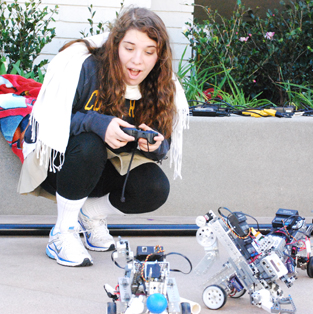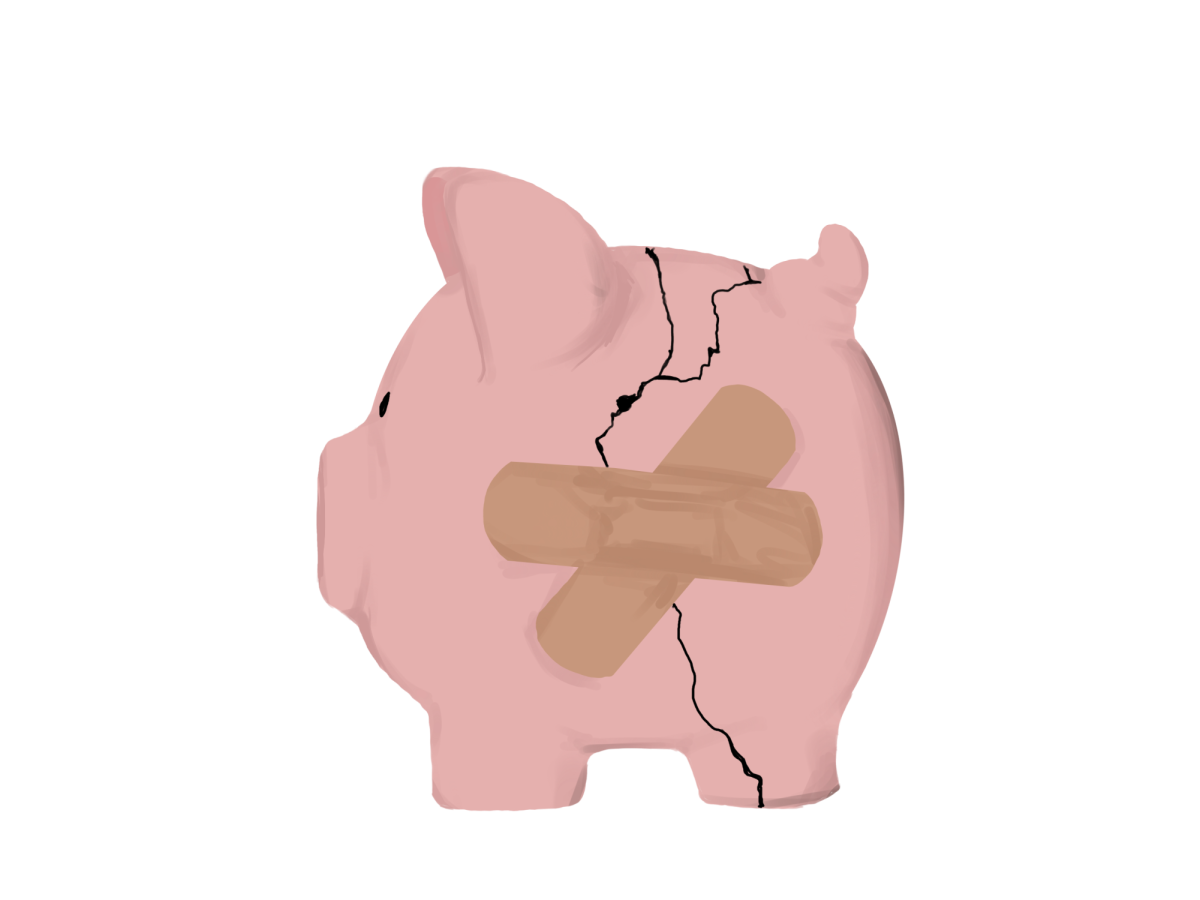- Summer Stang unites kids from LA schools
- Cracking open the federal budget plan
- Dr. Wong's departure marks the end of TPR
- Curiosity triumphs at World Championships
- Lynch creates new Deep LA seminar for seniors
- Staying on track with online Track Tutoring
- Behind the music of ‘Feeding Tomorrow’
- New 8th and 9th grade traditions implemented
- Migliacci speaks with student entreprenuers
- The clock stops when BookTok talks
Marlborough School Student Newspaper







